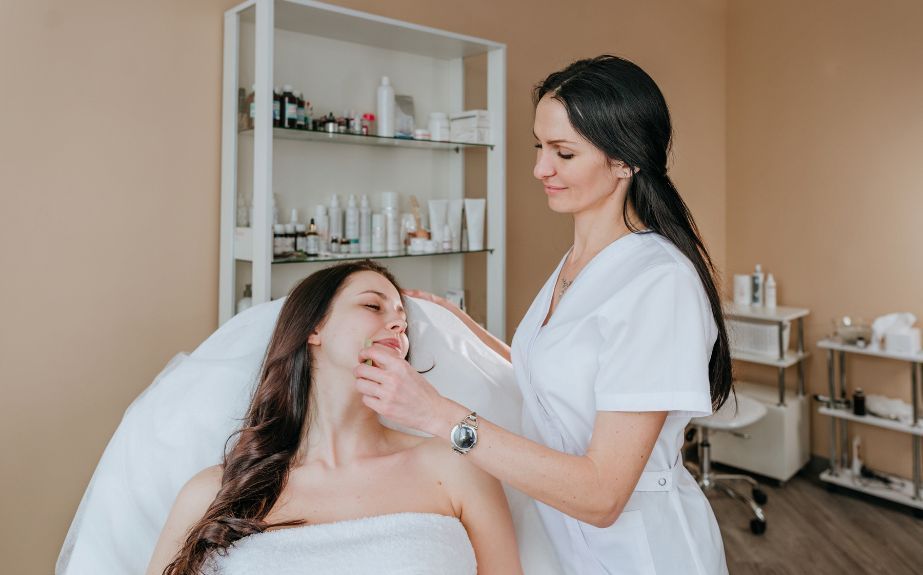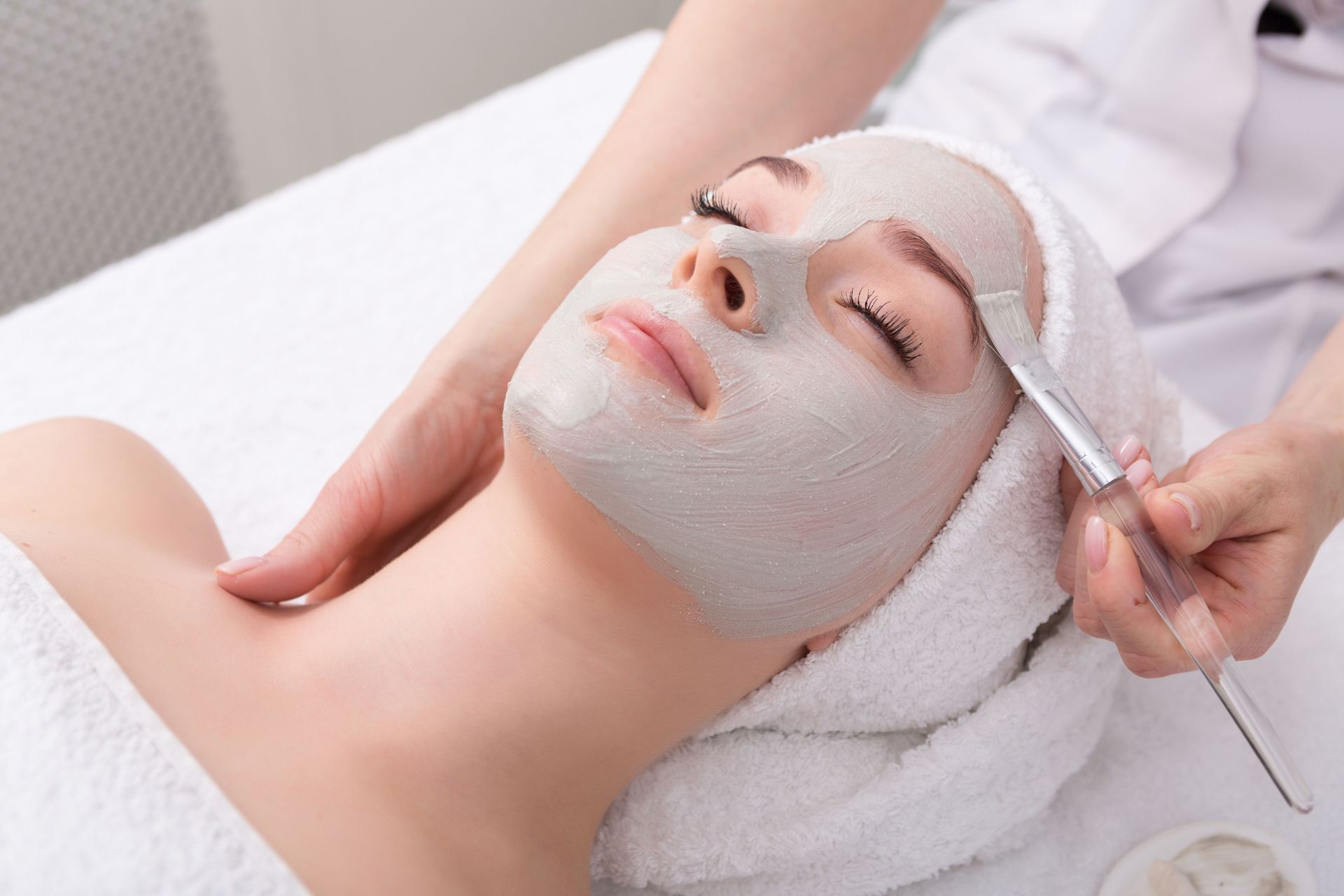From Enrollment to Licensure: Your Roadmap to Becoming a Licensed Esthetician
Embarking on the journey to become a licensed esthetician can be both exciting and challenging. This comprehensive roadmap is designed to guide aspiring estheticians through every stage, from initial enrollment to obtaining licensure, ensuring success in this rewarding profession. An esthetician’s role extends beyond beauty, encompassing skin health, wellness, and client confidence. By understanding each step of the process, you can prepare for a career that combines technical expertise with meaningful client impact. The esthetics industry is dynamic, and those who commit to learning and growing professionally often find long-term satisfaction and success.
Understanding the Role of an Esthetician
Estheticians are skincare professionals dedicated to enhancing a client’s skin health and appearance. Responsibilities include facials, body treatments, waxing, and recommending products and regimens. Many estheticians are skilled in advanced techniques like microdermabrasion, chemical peels, and laser treatments. Maintaining a clean, inviting environment is essential, ensuring each client feels comfortable and safe. Continuous learning is crucial, as estheticians must stay updated with evolving techniques, trends, and new technologies within the industry. An esthetician’s work often involves educating clients on proper at-home care, helping them maintain the results of professional treatments between visits.
Identifying Skills Required for an Esthetician
Technical skills are fundamental for estheticians, as proficiency with tools and procedures ensures effective results. Interpersonal skills are equally important, helping professionals communicate clearly and understand client needs. Attention to detail, time management, and a genuine passion for health and beauty contribute to a successful practice. Ongoing education allows estheticians to refine their abilities and remain competitive, enhancing both client satisfaction and career longevity. Strong observation skills also help estheticians detect underlying skin conditions early, and empathy ensures that clients feel valued and supported during treatments.
Exploring Career Opportunities for an Esthetician
The esthetics industry offers diverse career paths, from spa and salon work to medical aesthetics in dermatology clinics. Experienced estheticians may specialize in areas such as advanced skincare or therapeutic treatments. According to Gitnux, estheticians in North America contribute to an industry valued at over $15 billion annually, highlighting its substantial economic impact and growth potential. Estheticians can also explore education, training future practitioners, or entrepreneurship by opening salons or wellness centers. Freelance opportunities are also growing, allowing estheticians to offer personalized at-home services or mobile treatments, providing flexibility and autonomy in their careers.
Understanding the Importance of Licensing
Licensing is a crucial step in establishing credibility and professional standards. Licensed estheticians demonstrate their expertise and commitment to safety, ethics, and quality care. Many regions legally require licensure to practice, ensuring practitioners can safely address a variety of skin concerns. Licensing also bridges cosmetic care and health awareness, giving clients confidence in the professional guidance they receive. A licensed esthetician is a trusted partner in skincare, promoting both results and wellness. Moreover, licensing protects the professional from legal liabilities, ensuring treatments are performed within recognized standards.
Keeping Up with Trends in Esthetics
The esthetics field continually evolves with advances in technology, products, and techniques. Clean and organic skincare products are increasingly popular, and treatments like LED light therapy, cryotherapy, and AI-assisted solutions are becoming more accessible. Staying informed about emerging trends allows estheticians to provide clients with innovative, effective care. Being up-to-date positions estheticians as leaders in their field, offering advanced treatments while maintaining high standards of safety and professionalism. Social media and online education platforms also allow estheticians to learn and share knowledge globally, expanding both skills and clientele.
Choosing the Right Esthetician Program
Selecting an accredited program is vital for comprehensive education and licensure preparation. Accreditation ensures programs meet industry standards, while a program’s reputation reflects its quality and career support. Evaluating curricula, specializations, hands-on training, and career services helps students align their education with personal goals. Choosing a flexible program with financial support options allows students to manage expenses and commitments, paving the way for a smooth educational journey. Visiting campuses, speaking with instructors, and attending open houses can help prospective students determine which program best fits their learning style and professional ambitions.
Navigating Enrollment and Admissions
Understanding prerequisites and application procedures simplifies the enrollment process. Most esthetician programs require a high school diploma or GED, and some may request basic science coursework. Applications often include personal information, transcripts, and professional statements. Some programs also include interviews to assess commitment and suitability. By preparing early, managing deadlines, and submitting organized applications, aspiring estheticians can secure a strong foundation for their career. Networking with alumni or current students can also provide insights into the program experience, helping applicants make informed decisions and build confidence during admissions.
Completing Esthetician Training Successfully
Training combines theoretical coursework with hands-on practice. Key subjects include anatomy, skin analysis, treatment protocols, sanitation, and client care. Practical sessions allow students to work with models, developing dexterity and confidence in real-world scenarios. Internships and field experience further prepare students for professional environments, providing opportunities to apply knowledge, network, and gain experience. A strong portfolio showcasing treatments, skills, and client results is essential for attracting employers and clients alike. In addition, participating in competitions or workshops can enhance creativity, skill diversity, and recognition within the industry.
Preparing for the Esthetician Licensing Exam
The esthetician licensing exam is a pivotal step in achieving professional status. Understanding exam requirements, completing necessary training hours, and reviewing content areas is essential. Study resources such as practice tests, study guides, and mock exams improve readiness, while stress-management strategies help manage exam anxiety. On exam day, being organized, focused, and calm maximizes performance, allowing candidates to demonstrate their competence and secure licensure successfully. Developing a study plan that balances theoretical review and practical application ensures well-rounded preparation and confidence.
Exploring Post-Licensure Opportunities
After obtaining a license, estheticians can explore a wide array of professional opportunities. Networking, joining professional associations, and continuing education enhance career growth. Entry-level positions, internships, or specialized roles in medical aesthetics can help build experience and reputation. Long-term goals might include advancing to senior or managerial roles, or pursuing entrepreneurship by opening a spa or wellness center. Online presence and marketing skills also help estheticians reach broader client bases and establish a strong professional brand.
Building a Thriving Career as an Esthetician
Success as an esthetician depends on professionalism, continuous skill development, and client-centered care. Maintaining up-to-date knowledge of products, techniques, and trends allows estheticians to provide high-quality services consistently. By prioritizing client relationships, safety, and personalized care, estheticians establish a strong reputation and long-term clientele. Combining technical expertise with business acumen enables growth, sustainability, and satisfaction throughout a fulfilling esthetics career. Mentorship and participating in professional events can also strengthen expertise, expand networks, and increase visibility within the industry.
Pursuing a career as a licensed esthetician is both rewarding and impactful. With proper preparation, dedication, and a commitment to learning, aspiring professionals can navigate the journey successfully. From enrollment and training to licensure and beyond, estheticians play a vital role in improving skin health, confidence, and overall wellness, leaving a lasting impression on the clients they serve. With persistence, ongoing education, and strategic career planning, estheticians can thrive in a competitive yet fulfilling field. If you're looking for a quality, on-trend education as an esthetician, contact International School of Skin, Nailcare & Massage Therapy today and start your journey to a new career you will love!





Share On: